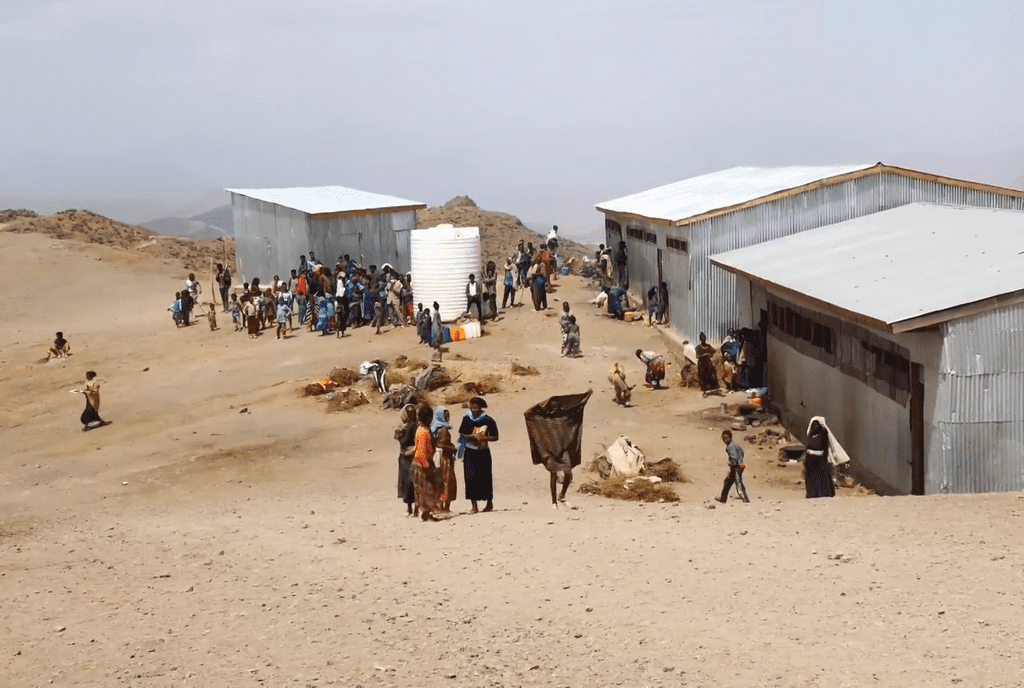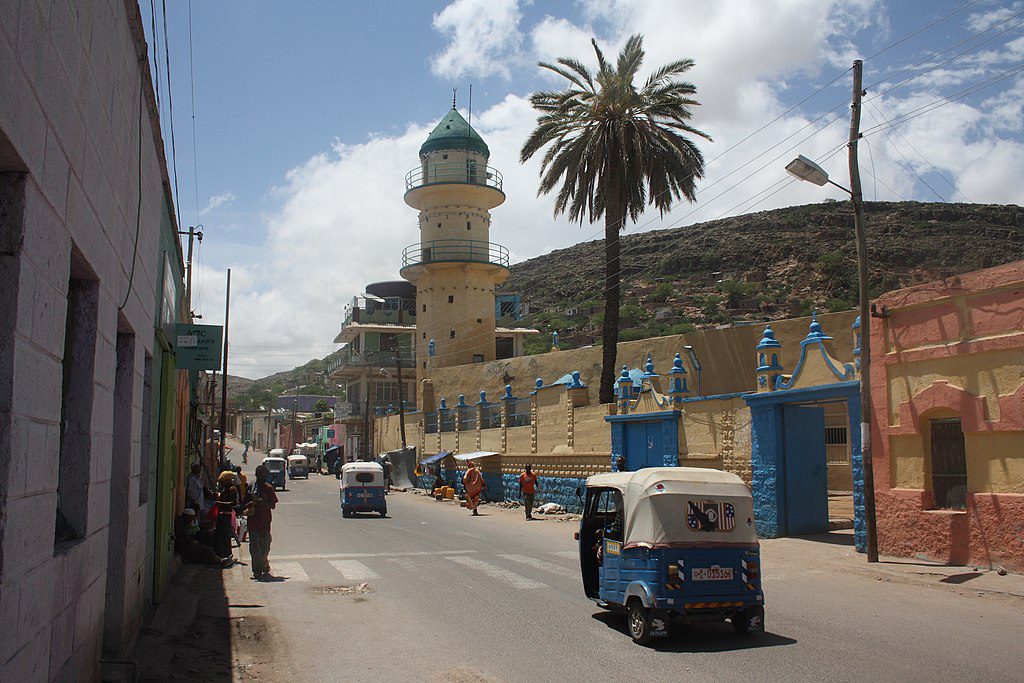The explosions of violence across Ethiopia, intersecting with the deep violence woven into the political fabric of Eritrea, pose challenges to political leaders, thought leaders, and civil society.
The gross violations inflicted on the people of Tigray are – like all such cases of mass atrocity – partly sui generis, but also a manifestation of deeper patterns across Ethiopia and the region. The conflicts are political but the violence manifested also has historical resonances and cultural roots, that should be understood and addressed if there is to be peace.
Peace is made among enemies. Much of Ethiopian politics today manifests a discourse according to which peace is possible only by crushing enemies. There is much bitterness, vengefulness, and – to be candid – hatefulness in the Ethiopian public sphere.
Such polarization can also corrode and destroy and mutual tolerance and respect among academic peers.
Over the coming months we will run reflections on aspects of peace in Ethiopia, welcoming contributions from all perspectives.


